March 30th, 2023, Swiss Tech Convention Center, EPFL The past two years saw a new vulnerability make headlines: software supply chains. Events such as the SolarWinds and Kaseya cyberattacks or the discovery of the Log4j vulnerability forced organizations to reevaluate their cyber risk exposure. This one-day conference provides a platform for academia, government, business, NGOs (…)
April 26th, 2023, Starling Hotel, EPFL Decentralized Finance (DeFi) started out with the promise to disrupt the financial industry by removing third parties and centralized institutions from financial transactions and hence allowing consumers direct access to capital and financial services. Until now, however, DeFi’s disruptive forces have not manifested themselves purely favorably. In 2022 crypto (…)
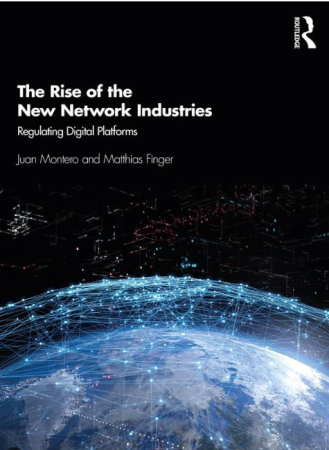
Montero, Juan and Matthias Finger (2021). The Rise of the New Network Industries: Regulating Digital Platforms. New York & London: Routledge, 292 pages. By Melanie Kolbe-Guyot “The Rise of the New Network Industries – Regulating Digital Platforms” (2021), by Juan Montero and Matthias Finger, is an excellent resource on the rise and inner workings of digital platforms (…)
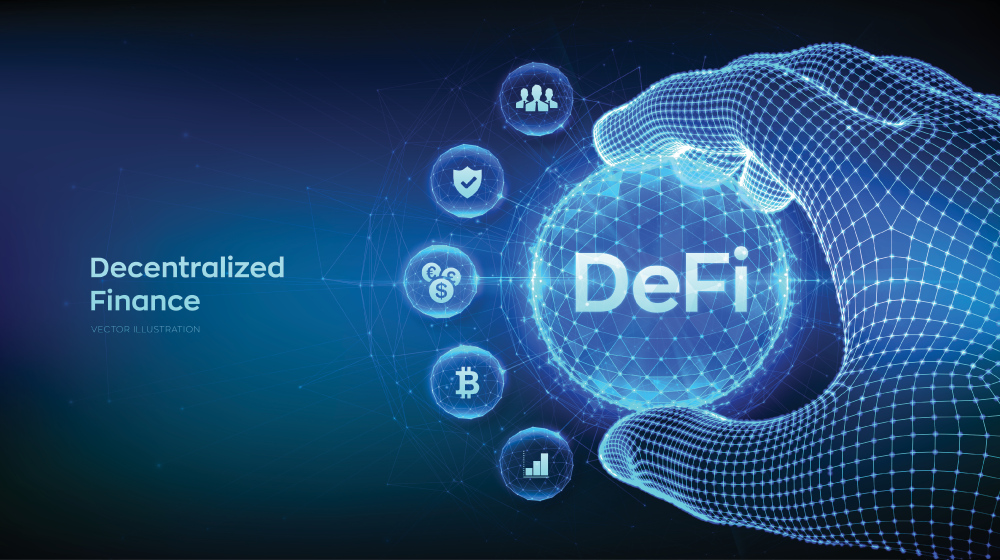
For this year’s edition of the Finance & Technology Conference the Swiss Finance Institute (sfi) and the Center for Digital Trust (C4DT), EPFL are teaming up again to focus on Decentralized Finance (DeFi). The conference will be held on Thursday 26th of April at the Starling Hotel @ EPFL, Switzerland.
For more information and the agenda please click here.
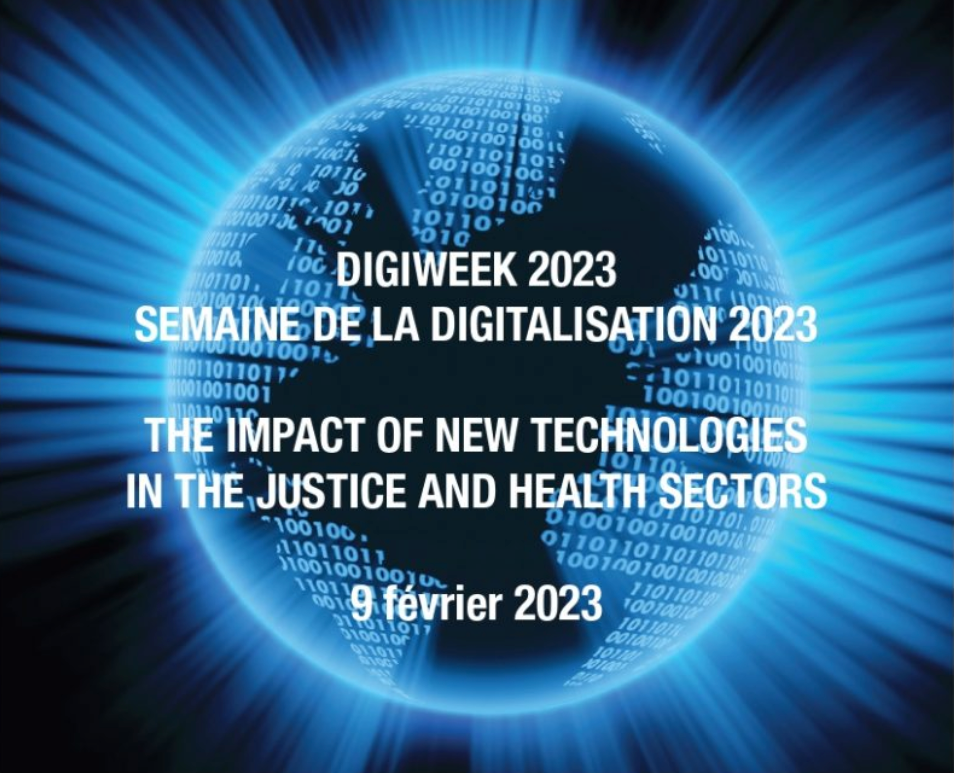
Blockchain, smart contracts, cryptocurrencies, platforms, big data – new technologies are challenging lawyers. They must grasp the main social, economic and technical challenges of digitalisation and find the right legal instruments to react to the upheavals caused by digital technology. This is the perspective of the “Digitalisation Week”.
![[FR] Journée de la protection des données 2023](https://c4dt.epfl.ch/wp-content/uploads/2023/01/pexels-pixabay-60504-scaled.jpg)
A l’occasion de la Journée de la protection des données, la Faculté de droit, des sciences criminelles et d’administration publique de l’Université de Lausanne organise une conférence publique en collaboration avec le Préposé fédéral à la protection des données et à la transparence, le Centre universitaire d’informatique de l’Université de Genève et ThinkServices.
![[FR] Les promesses économiques de l’IA](https://c4dt.epfl.ch/wp-content/uploads/2023/01/pexels-pixabay-355948.jpg)
Podcast audio, au sommaire: les horizons économiques de l’intelligence artificielle; le train et l’avion en accord pour réduire l’empreinte voyage; et reportage avec les manifestants au Pérou.
During the month of December, Advent of Code passes out a new puzzle every day. The daily challenges are a fun way to learn new algorithms and getting to know new ways of programming. In our software engineering team we followed along at least the first half of the programming challenges and enjoyed discussing the solutions (…)

The past two years saw a new vulnerability make headlines: software supply chains. Events such as the SolarWinds and Kaseya cyberattacks or the discovery of the Log4j vulnerability forced organizations to reevaluate their cyber risk exposure.
This one-day conference provides a platform for academia, government, business, NGOs and standard-setting bodies to shed light on software supply chain risks, outline persisting challenges, and discuss mitigation tactics, solutions, and best practices as well as emerging frameworks and standardization initiatives.
For more information click here.
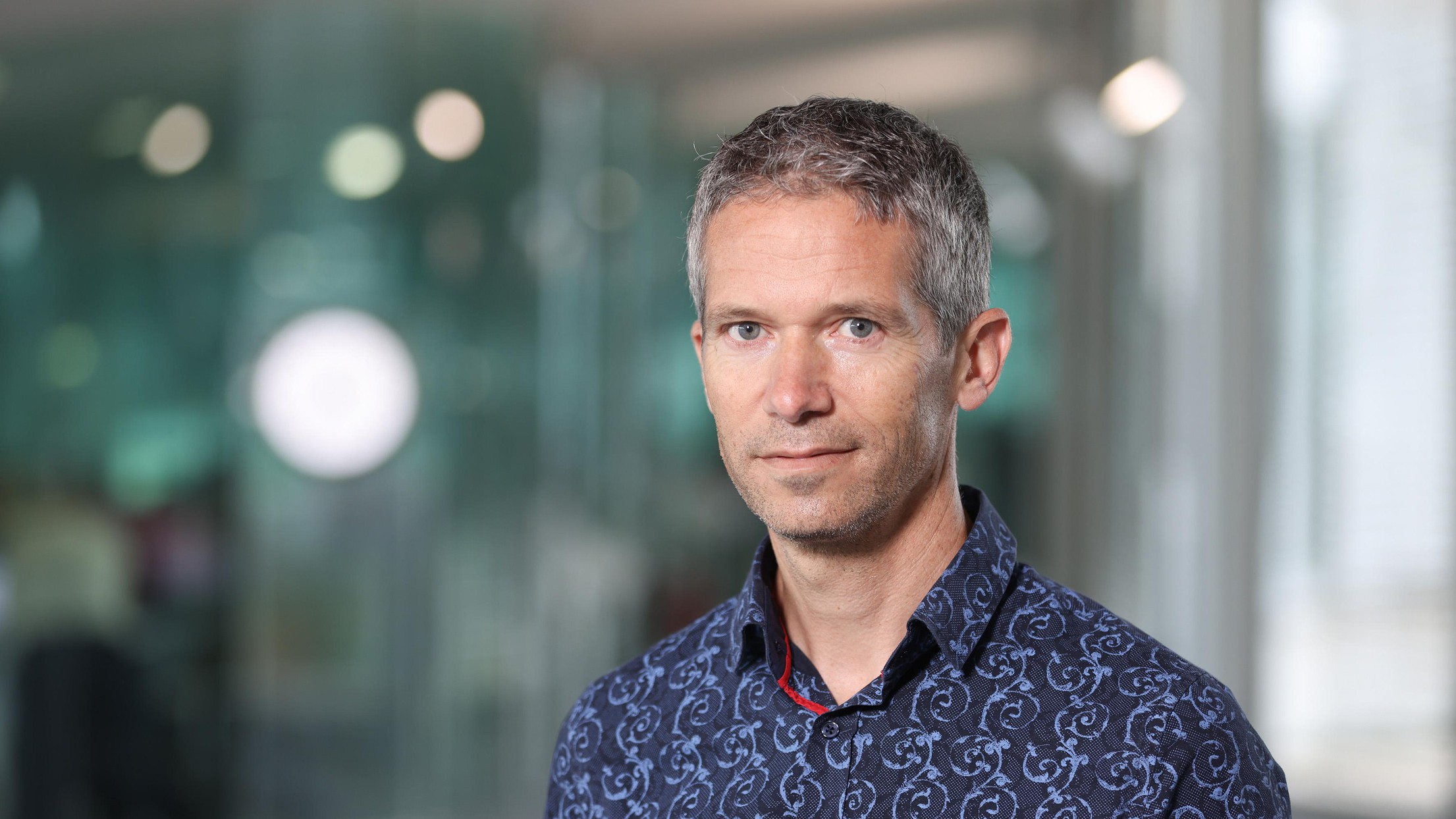
EPFL professor Jacques Fellay, who served on the Swiss National Covid-19 Task Force and whose lab is affiliated with C4DT, has been selected for a new advisory committee that the government set up recently so policymakers and scientists can continue their joint efforts.

How we interact with computers has just changed overnight, forever. A new class of generative AI has emerged that will revolutionize communication and information – and health along with it.

EPFL’s Professor Giovanni De Micheli was recently recognized for his strong impact on the electronic system design industry, and he sees another decade of rapid design innovation ahead.
Why? Nowadays, Linux is deployed in many component of the network fabric. Your home NAT probably runs it, your datacenter’s router also. As it needs to handle incoming packet on gigabits links, the speed at which the system handles the packets becomes important. If you run your router in user-space, the kernel needs to read (…)
November 5th, 2021, Swiss Tech Convention Center, EPFL Distributed Ledger Technology has the potential to reshape the traditional financial system. An example is decentralized finance, which allows people to combine open-source building blocks into sophisticated financial products utilizing DLT. Central banks, as another example, face growing competition from private actors offering their own digital alternative (…)
September 23rd, 2022, Starling Hotel, EPFL The Federal Council described cyberattacks as “a serious threat for Switzerland’s security and economy” and proposed a law for a reporting obligation for cyberattacks on critical infrastructures in its press release of January 12th 2022. These reports should allow the National Cybersecurity Centre (NCSC) to assess the threat situation (…)
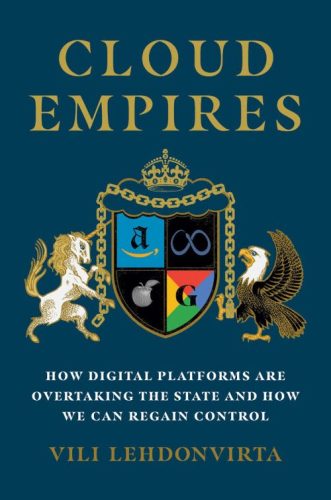
This installment of C4DT’s Digital Governance Book Review focuses on Vili Lehdonvirta’s 2022 book Cloud Empires. How Digital Platforms are Overtaking the State and how we can Regain Control Cambridge, Massachusetts: The MIT Press, 283 pages.
An acutely current and fascinating analysis of the adverse effects digital platforms have on our societies.
For a side-project of mine I’m looking at Kademlia (Wikipedia), which is used in peer-to-peer (P2P) systems. One problem of P2P systems is that nodes come and go randomly. So it’s not easy to retrieve stored data. Where to store data? And then how to find it again? What happens if a node with the (…)
DevOps is rather a confusing term. Everyone uses it a lot and not everyone is able to define what it really means. Here are some thoughts of what our team think when we hear DevOps: CI/CD. Source-code, compilation. Kubernetes, Ops responsabilities. Automated tests. These are some good talking point, as they definitely have to be (…)
Some time ago I read the developer skill matrix and thought it was very interesting. I put it in the infamous “Read later” bookmark folder, and actually came back to it! So last Monday, during our regular group catchup time, I presented this page. In fact every week one of us three engineers presents something (…)
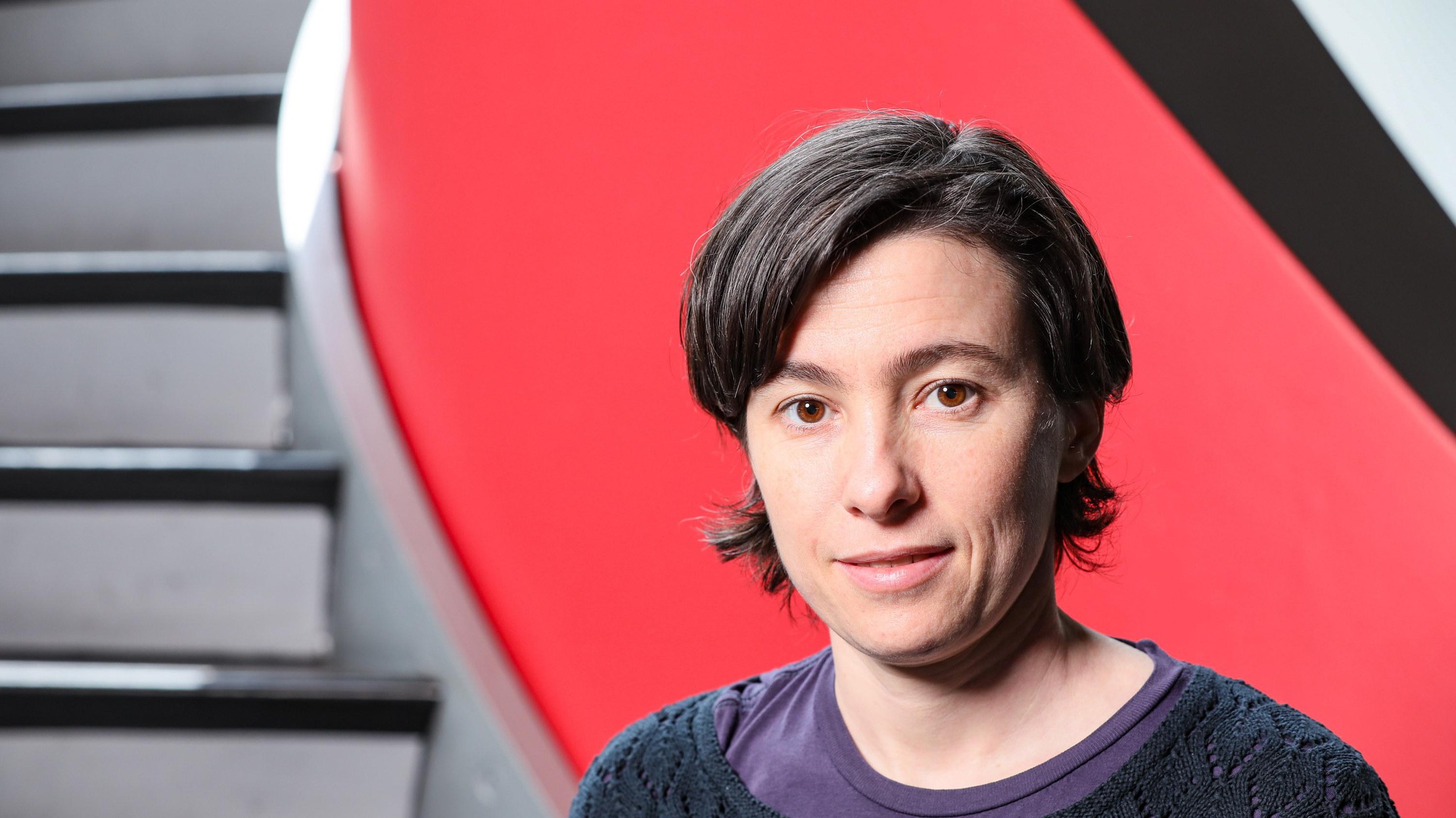
IC Tenure Track Assistant Professor Carmela Troncoso has won this year’s EPFL Latsis University Prize. She has been recognized by the Latsis Foundation for exceptionally important contributions at a Swiss university by researchers under the age of 40.

The challenges faced by humanitarian organizations in general and by the International Committee of the Red Cross (ICRC) in particular are immense. Therefore, EPFL and ETH Zurich are joining forces with the ICRC through the Engineering for Humanitarian Action initiative to explore innovative solutions to such crises.
10 Novembre 2022, 17h30, Forum Rolex Learning Center, EPFL Est-ce que Google connaît suffisamment une personne pour être capable de la reconstruire ? Ou même de permettre à une autre personne d’imiter sa vie en se basant sur ses données ? Dans le documentaire “Google connaît toute ma vie”, une actrice tente l’expérience : elle (…)
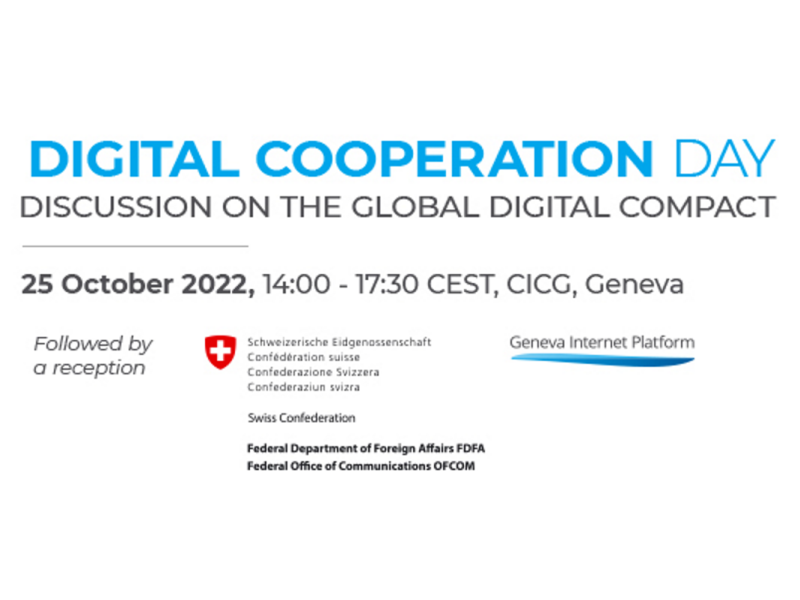
On the Digital Cooperation Day, the Geneva Internet Platform (GIP) will present the findings of the second edition of the Geneva Digital Atlas which maps overall digital developments in International Geneva. Based on this mapping, the discussion will be conducted with the UN Secretary-General’s envoy on technology (a key catalyst of the process towards the GDC) on priority policy questions for actors in Geneva. The discussion will include answers that the vibrant Geneva scene can provide to the global community.

Est-ce que Google connaît suffisamment une personne pour être capable de la reconstruire ? Ou même de permettre à une autre personne d’imiter sa vie en se basant sur ses données ? Dans le documentaire “Google connaît toute ma vie”, une actrice tente l’expérience : elle utilise les données Google d’une autre jeune femme pour se mettre à sa place — et finalement la confronter. Que va-t-il se passer ?
À l’issue de la projection du documentaire, une discussion autour des aspects éthiques, techniques et sociétaux abordés sera proposée en présence d’un panel d’expert·e·s.
Cet événement se déroulera le 10 novembre à 17h30 au Forum Rolex à l’EPFL. L’inscription est gratuite, dans la limite des places disponibles.



![[FR] Journée de la protection des données 2023](https://c4dt.epfl.ch/wp-content/uploads/2023/01/pexels-pixabay-60504-scaled.jpg)
![[FR] Les promesses économiques de l’IA](https://c4dt.epfl.ch/wp-content/uploads/2023/01/pexels-pixabay-355948.jpg)








